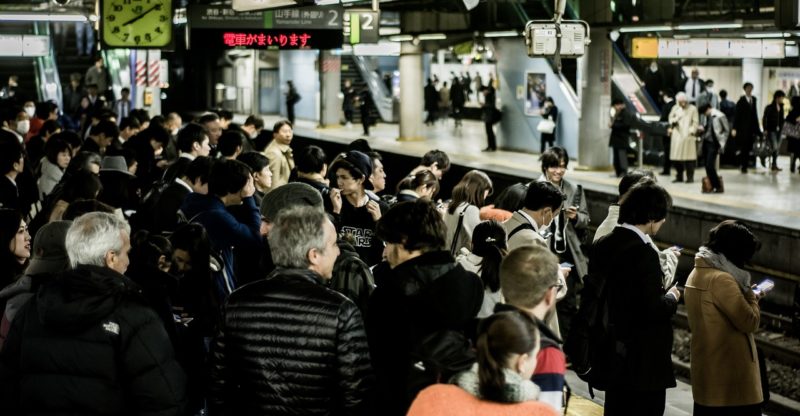5 Ways Japanese Work Environment Is Different From The Rest Of The World
Japanese working environment is drastically different from the rest of the world.
Not to mention, it has both positive and negative side on that culture.
It is kind of a common notion about Japan that people are very diligent, but Japan is also infamous for its long working hours.
But where are these coming from?
In this article, I will explain those Japanese work ethics and the culture surrounding its working environment.
Table of Contents
1. Lifetime Employment System
This is probably the most distinctive one.
In Japan, it is extremely difficult for employers to fire their employees.
Japan has one of the most strict law around the world in terms of discharge restriction that regulates employers to not dismiss their employees.
This is how it works
Companies usually hire regular employees righto after they graduate from college and keep them until retirement.
The recruitment system is also different.
They don’t choose employees based special skills or what they study in college, but their work attitude and general potential.
So new employees are usually assigned only for chores for the first three years.
If you are middle aged, it’s very hard to get a job in Japan because companies don’t normally hire people over 30s.
This situation makes people to not quit their jobs, and they devote their entire life to one company.
2. Loyalty To The Company
Speaking of devotion to a company, it is more likely a loyalty that they used to have toward their master during Samurai federal era.
Thanks to the lifetime employment system, the basic stance of companies is like “employees are our family and we have to raise and teach them.”
As a result, a company expects loyalty from their workers.
So if you start complaining about your job and your company, they will give you a lecture about the “work place attitude”.
And if you say you are going to quit, they would totally look down on you and sometimes reject your request.
Basically, companies never fire their employees and take great care of them until they retire, but employees also have to devote their personal time and entire life to their company.
3. Long Working Hours
Now it might make more sense why Japanese people work incredibly long hours.
In addition to that, Japanese work ethics value order and prudence over efficiency and competition.
So it often leads unnecessary work and a long, formal meeting.
Some people leave their home at 6 in the morning to go to work and come back at 11 at night.
Unfortunately, working on weekends and holidays is also very common in Japan.
4. Strict Hierarchy
Japan has a very strict hierarchy, and not to mention, it has significant impacts on work place as well.
As mentioned already, new employees can’t really speak up their opinions for first three years.
And as they gain their careers within their companies, it automatically gets them more higher positions.
So it is sometimes a case that someone who has lower skills keeps higher positions and gets higher salaries than young co-corkers in their team.
And another Japanese tradition in workplace is that Japanese people are often expected to have parties with their co-workers after work.
Though it is not necessarily required, young employees are highly encouraged to participate so they can learn work ethics from their boss and exchange their ideas about work in informal place.
5. Hospitality – Omotenashi
“Omotenashi” is a Japanese term for hospitality or entertaining customers.
If you visit Japan, you will learn this sense of Japanese hospitality.
If you go to restaurant, servers give you perfect service without tip.
If you stay in a hotel, you will be treated just like a royal customer.
The idea behind this is the high expectations and the social standard that exist in Japan.
Workers are always supposed to get everything perfectly done on time for customers.
So basically this sense of hospitality is the reason of long working hours and the work ethics that value order and prudence.
The problem is that it focuses on too much customers, but ignores the rights of workers.
After all, these high expectations and social standards are harassing Japanese workers.
These types of culture always have a positive and negative side.
And a lot of Japanese companies are trying to fix those issues and abolish outdated customs.
In fact, the lifetime employment system is not the only choice for young people anymore.
It is becoming more common for them to quit their job and change their company.
A lot of employers have come to the realization that it is not efficient and need more diversity in their workplace.




